During the COVID-19 pandemic, medical researchers shared information to speed up innovation, demonstrating the vital importance of making scholarly research open access, says John Willinsky. Yet despite widespread agreement from publishers, researchers and librarians about the benefits of open access, there’s no clear path forward. Willinsky calls out publishers for engaging in monopolistic pricing strategies, reducing access to research, and he challenges those working in the scholarly publishing world to advocate for reforms to the Copyright Act to better serve the public good and the economy.
Open access to COVID-19 research enabled a prompt pandemic response.
In the race to create a COVID-19 vaccine, 160 research organizations and publishers signed a commitment to openly share research about the pandemic response to speed up innovation. Congress had no constitutional mechanism to force publishers to share vital information about the virus. Further, a joint statement on open sharing, drafted by the Wellcome Trust, couldn’t overturn the Copyright Act, which created challenges for those wanting to share knowledge about the virus openly. Instead, publishers took it upon themselves to make research articles about COVID-19 accessible.
This “open-access” experiment demonstrates that it’s time to reform the Copyright Act to ensure it actually serves scientific progress and the public good. There’s a need to explore the possible correlation between making COVID-19 research open access and a decline in pandemic-related deaths – one could theoretically attribute this to factors such as health care workers having more access to research, better positioning them to make informed decisions. Given that making scientific...
John Willinsky is a founding director of the Public Knowledge Project, as well as a professor emeritus at Stanford University’s Graduate School of Education and a limited-term professor at Simon Fraser University.









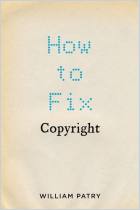
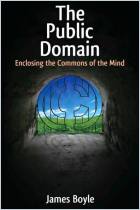
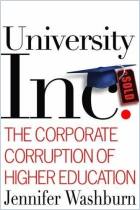
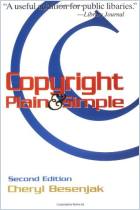
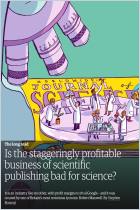
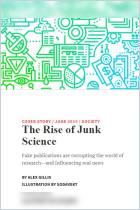




Comment on this summary or 开始讨论